Graham Reid | | 3 min read
The Master Musicians of Jajouka: Take Me With You My Darling, Take Me With You
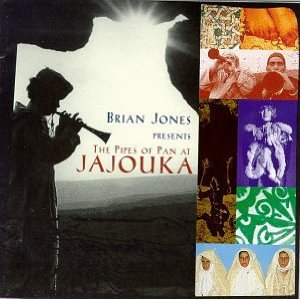
Some albums have auspicious beginings and a messy legacy. So it is with this album recorded in Morocco in 1968 by Brian Jones, then of the Rolling Stones.
By the time the album was released Jones had been dead a year -- he drowned a year after his trip to Morocco and was no longer a Stone -- and a shadow was cast over its mesmerising music.
When it was reissued in '95 by Point Music it was the centre of a controversy: the title had been changed (to that I have used here); the artwork inside and out had been altered; the musicians were cut out of royalty payments (Point had licensed it from former Beatles/Stones financial hitman Allen Klein); the side-long music on the vinyl had ben edited into separate tracks; and -- perhaps worst of all -- the original liner notes by the late Brion Gyson who had introduced Jones to the musicians via the painter Muhammad Hamri (who had art on the original album) had been altered to cut Hamri out of the story.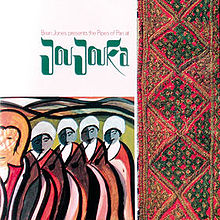
The story of this album is messy indeed, and yet it had such an auspicious beginning.
When Jones -- at the height of his hippie period in goatskin jackets and multi-colored pants -- arrived in Tangiers with his girlfriend Suki Potier and a soundman George Chkiantz, he hooked up with the writer/artist Gyson with the intention of recording some local ceremonial music.
Gyson took them into the mountains to meet the musicians of Jajouka (which means "something good will come to you").
"When Brian Jones come to the village my little brother Mustapha come to me and he says, 'Somebody come with big hair'," said Bachir Attar, the son of the group's leader Hadj Abdesalam Attar, later. "I said to my brother, 'Keep the sheep here I want to run to see this man' to see how he looked.
"My brother went back to the vilage. I run and I run to see my father and I see the man with big golden hair. I shake his hand and he looked great!
"Blond man with big hair, the first hippie in Jajouka.
"Later that night we kill a blond goat. Brian is eating the liver and he say to Brion Gysin, 'That goat is me -- I am eating me, we all eating my liver now.'
"We ate -- we had a big party -- music, drums -- Ghaita and Bou Jeloud. And I see Brian Jones. He really likes this -- he really feels this too much.
"He is dancing wild with his headphones and everybody loving him."
The music Jones and Chkiantz recorded -- edited down from hours of coninuous playing -- is in most regards not the authentic music of the Bou Jeloud ceremony as it wasn't the right time, but the sound of these musicians was, and remains, extraordinary.
The hynotic and endless percussion lines and the weave of flutes induces a trance-like state (especially on the 18 minute Your Eyes Are Like a Cup of Tea) and Jones -- as Teo Macero would do for Miles Davis' Bitches Brew years later -- edited different segments together when he got back to London.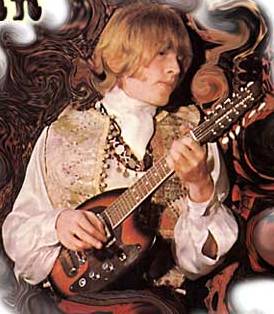
Jones also indulged in a little phasing and panning from speaker to speaker to enhance he psychedelic effect (rather unnecessary).
Whether he wanted to incorporate the sound in the Stones as has been suggested is debatable -- but for their album Steel Wheels in '89 the Stones recorded Continental Drift with the Master Musicians of Jajouka lead by Bachir Attar who had taken the group out of the mountains and onto the world stage.
"When I see this big musician from the highest band in the world he makes me think to get our music out into the world," said Attar.
The album had a profound effect on some musicians, notably Ornette Coleman who went to Morocco to explore the music and who has, until this day, performed with them. When he curated the Meltdown Festival in London in 2009, Coleman invited Bachir Attar's group to play.
They were thrilling, although perhaps not for the casual listener.
Bachir Attar and a group of players as The Master Musicians of Jajouka have made a number of albums, among the best being Apocalypse Across the Sky recorded by Bill Laswell (who has incorprated their music into a number of other edited pieces).
But this album by Jones -- for all its flaws in the re-issued version -- is the groundbreaker which introduced this mysterious, spiritual and ritualistic music to the world.
These Essential Elsewhere pages deliberately point to albums which you might not have thought of, or have even heard . . .
But they might just open a door into a new kind of music, or an artist you didn't know of.
Jump in.

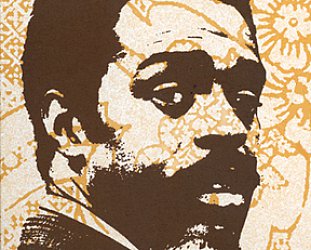
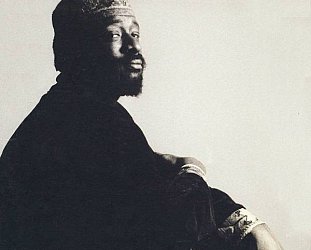
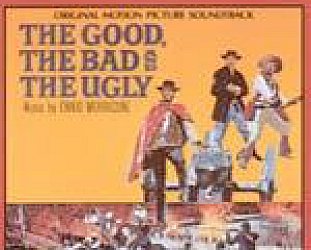
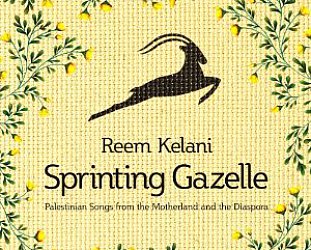


post a comment